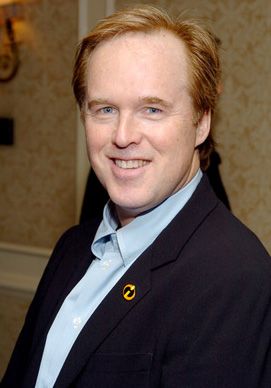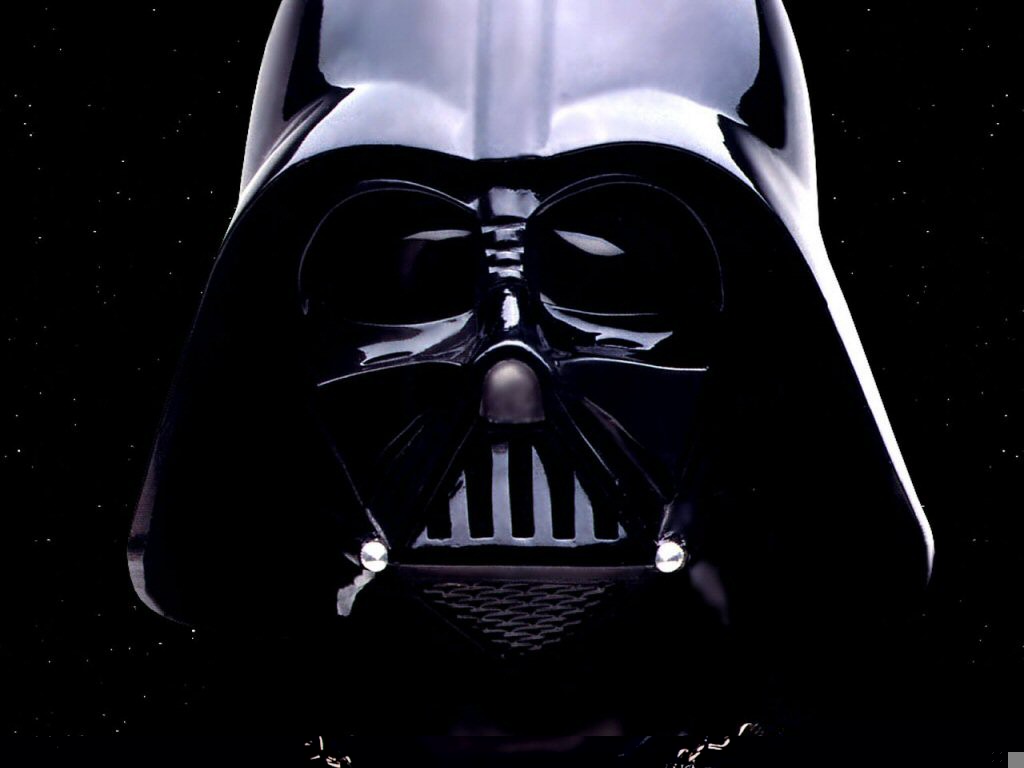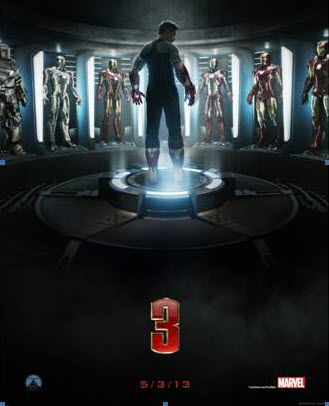Yesterday, it was announced that Disney had bought Lucasfilm, thus ow ning the rights to Star Wars and planning to release a new Star Wars film in 2015. With Star Wars: Episode VII in the works, and with George Lucas being a creative consultant on the film, one of big questions that looms heavy is who will take the director's chair. Most of the Star Wars films have been directed by Lucas, but with The Empire Strikes Back, directed by Irvin Kershner, usually considered the best of the Star Wars films, a different director is just what the Star Wars series needs to create something fresh and exciting. Here are some directors who could be a good fit to take us back to that galaxy far far away
1. Duncan Jones

With Moon and Source Code, Jones provided audiences with two of the smartest and intricate sci-fi films of recent memory-as well as providing both with a strong emotional core to go along with the mind bending twists. With an even larger canvas to paint on, Jones could create his first real epic science-fiction film, as well as possibly providing some twists to the narrative that made his first two films fascinating to watch. Jones is also very good with creating characters that we sympathize with, due to the fact they're often confused about the situations they are in. One of the problems of the prequel trilogy was how unnatural a lot of the dialogue and performances were. Jones directed one of Sam Rockwell's best performances in Moon, and also did fine work with Jake Gyllenhall in Source Code. Jones would likely get strong performances from his actors that would make us care about them as well as believe they exist as human beings, just in another galaxy.
2. Rian Johnson

Like Jones, Johnson created a smart and intricate, thematically and plotwise, sci fi film with this year's Looper. And like Jones-he's mostly worked with a lower budget, creating smaller scale films that play around with genre conventions like Brick and The Brothers Bloom. With Star Wars, he'd be working on the largest scale imaginable. With Brick, he handled the film noir inspired dialogue very well, and if there's any Han Solo or gangster like characters, Johnson could have fun infusing it with that same type of sharp and funny dialogue. Looper also effectively dealt with the criminal underworld, so it'd be exciting to see what Johnson would do with the underbelly of the Star Wars univers And of course, if Johnson did end up directing the film, it's likely he'd find a part for friend and frequent collaborator Joseph Gordon-Levitt- and who wouldn't want to see Levitt as a Jedi knight or a Han Solo-inspired smuggler?
3. Alfonso Cuaron

Cuaron made what I consider the best of the Harry Potter films, Harry Potter and The Prisoner of Azkaban. What was great about Cuaron coming in for the third film of the Harry Potter series was that he brought a real personal touch to the series, providing a lot of visual invention that complimented J.K. Rowling's already complete creation. He also directed the bleak and gritty Children of Men, proving that he can also handle science fiction as well, albeit a more understated type of science fiction. Cuaron is also directing another sci fi film, Gravity, starring Sandra Bullock and George Clooney as astronauts stranded in space, so he'll have plenty of experience with the genre by the time the new Star Wars goes in to production. His Harry Potter film had a great blend of darkness with a touch of whimsy and magic, and with Children of Men, he combined grittiness and intense action. The Star Wars series has featured all these qualities, and if there's a Luke Skywalker-esque coming of age story, his work on Harry Potter and Y Tu Mama Tambien, is also a benefit to the film.
4. Brad Bird

With Mission Impossible: Ghost Protocol, Bird made a surprisingly inventive, visually spectacular and quite fun film, which was quite a feat considering it was the fourth film in the franchise, as well as Bird's first live action film. Bird is best known for his animated films, The Iron Giant, as well as the two films he helmed for Pixar, The Incredibles and Ratatouille. Since Bird was able to inject some new lifeforce in to the Mission Impossible franchise, he could do the same for what will be the seventh Star Wars film, eight if you count Star Wars: The Clone Wars. Bird has worked for Pixar, so he already has a connection with Disney. It wouldn't be too much of a surprise if execs at Disney were already considering him. Star Wars is great for combining intense action with a lightness of touch and a certain charm, which helped make The Incredibles and Ghost Protocol so entertaining. Both films also emphasized the idea of teamwork, with The Incredibles being all about a family work together and growing closer as a result. What was great about the original Star Wars trilogy was it featured characters who couldn't be any more different from each other, a farmboy, a princess, a space pirate and his furry companion, and two droids, working through their differences to save the galaxy and becoming a family. If the new Star Wars films feature this same kind of dynamic, Bird could make it both very entertaining as well as emotionally resonant.
5. Edgar Wright

Wright, as evident in his last film, Scott Pilgrim Vs. The World, is a strong and inventive visual stylist and nearly every frame of that film was filled with energy. And with Shaun of Dead and Hot Fuzz, he gets what makes genre films great while at the same time poking fun at them. If Wright did direct a Star Wars film, it'd be great to see him self-consciously both reference and poke fun at some of the previous films, without going too far in to parody. He was able to handle a large cast of characters in Scott Pilgrim, which will be an advantage if the new Star Wars deals with a lot of diverse characters. His handling of the relationships between Simon Pegg and Nick Frost in Shaun of the Dead and Hot Fuzz also gave those films a lot of heart, and the original Star Wars films, particulalry The Empire Strikes Back, benefited from the strong relationships between the characters. And the idea of Simon Pegg and Nick Frost appearing in a Star Wars film is very funny. The only problem is Wright will be probably be too buy with Ant-Man, unless Star Wars gets pushed back, which is a possibility, then Wright could be free to do it.
And an even bigger longshot....
6. Joss Whedon

Every one would just nerdgasm if this happened. Since Disney also owns Marvel, like Bird, Whedon already has a relationship with Disney, if you can cal it that. Unless Star Wars is delayed, he won't be directing the first of the new Star Wars films, what with him directing the next Avengers film. Still, with The Avengers, Whedon showed that he could handle big scale action while still incorporating a personal style that really felt like it understood and was passionate about the material. Whedon also knows how to work team dynamics, as in Buffy the Vampire Slayer and The Avengers. As I mentioned earlier, if the new Star Wars has the same team dynamic as the original trilogy, someone like Bird or Whedon could make it work.





